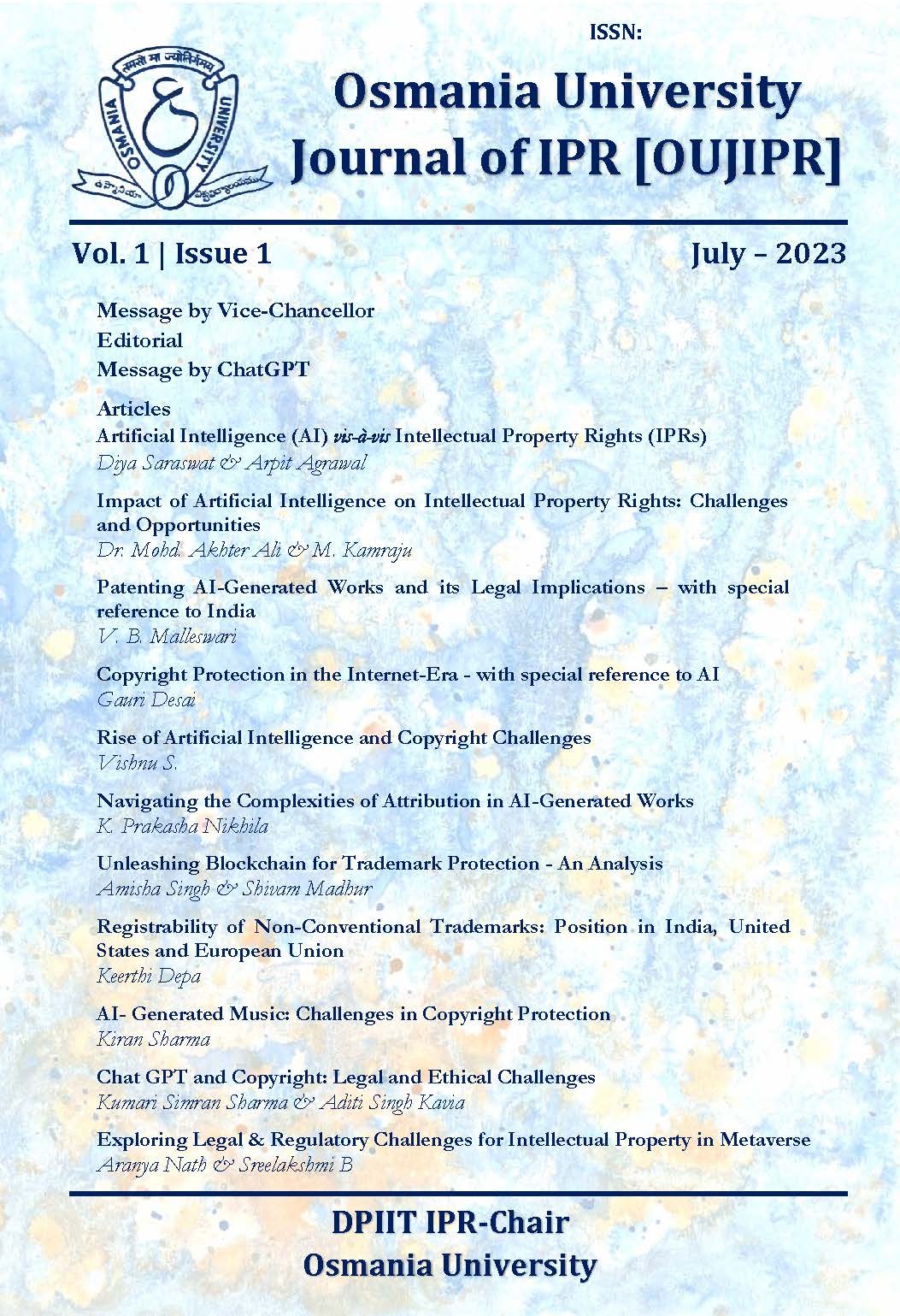SUBMISSION GUIDELINES
Categories
-
Article: 5,000 – 8,000 words
A complete analysis of a certain subject is expected in the Article. It must examine or analyze the current situation, pointing out the gaps and suggesting viable remedies. The author may adopt a historical, exploratory, comparative, or multi-disciplinary approach to substantiate the argument. The articles with empirical research are encouraged. -
Essay: 2,500 – 5,000 words
An essay is comparatively succinct than article, and may put forth the idea and the argument of author in a briefer manner. -
Book Review: 2,000 – 4,000 words
A book review may contain a detailed description, critical analysis of a book's quality, meaning, and significance. -
Comment: 1,500 – 3,000 words
Any recent judgement, landmark case, or any current enactment or Bill pending before the Parliament or a State Legislature may be the theme of a Comment.
All the submissions must contain an Abstract of up to 200 words providing a summary of the contribution and up to 5 Keywords. The word limits are exclusive of abstract, footnotes; and the authors are requested to strictly adhere to it.
Submission Procedure
- All submissions must be made in electronic form in Word format (.doc/.docx) only. The submissions shall be mailed to editor.oujipr@ouipr.in with the email subject as ‘OUJIPR Submission’. Co-authorship is allowed up to a maximum of two persons.
- All submissions must be accompanied with a Covering Letter stating the Name, Designation and Affiliation of the author/authors; Contact details of the author including email and phone number; and the Title of the Manuscript. The author/s shall mention their particulars only in the Covering Letter and not in the manuscript of submission.
- The author/s shall submit a Declaration along with the submission stating that the manuscript is their original work, is in compliance of the research ethics and it is not published/submitted for consideration in any other publication. The author/s shall also submit a Brief-Bio about themselves in about 100 words along with their submission.
- Plagiarism in any form shall result in rejection of the submission, and the decision of the Board of Editors in this matter shall be final.
- The Board of Editors may make changes that are necessary to meet the requirements of space and format of the Journal.
- The decision on publication of the manuscript would be intimated to the author tentatively within (30) Thirty days of receipt of the submission.
Formatting Style
- The Title of the manuscript should be in Times New Roman font, size 14; the Abstract should be in Times New Roman font, size 12 italic style; and the body of manuscript should be in Times New Roman font, size 12 with 1.5 spacing and justified alignment. The footnotes and references should be in Times New Roman font, size 10 with single spacing.
- The submissions shall adhere to The Oxford University Standard for Citation of Legal Authorities (OSCOLA), Fourth Edition 2012. The author/s may refer to the OSCOLA Quick Reference Guide for guidance. The citations shall be in the form of footnotes only, and followed by References, if required.
- There shall be no footnote/citation included in the abstract.
- Footnotes should be numbered in sequential order and References, if any, shall be listed in the end of the manuscript in alphabetical order. The Authors are responsible for the accuracy of the footnotes/references.
The author/s may include acknowledgements, if any, with an ‘*’ at the beginning of the footnotes.
Current Issue
Volume 1 | Issue 1 (July, 2023)

-
Cover Page
-
Table of Contents
-
Journal Board
-
Message by Vice-Chancellor
-
Editorial
-
Message by ChatGPT
-
Articles
-
Artificial Intelligence (AI) vis-à-vis Intellectual Property Rights (IPRs)
Diya Saraswat & Arpit Agrawal -
Impact of Artificial Intelligence on Intellectual Property Rights: Challenges and Opportunities
Dr. Mohd Akhter Ali & M. Kamraju -
Patenting AI-Generated Works and its Legal Implications – with special reference to India
V. B. Malleswari -
Copyright Protection in the Internet-Era - with special reference to AI
Gauri Desai -
Rise of Artificial Intelligence and Copyright Challenges
Vishnu S. -
Navigating the Complexities of Attribution in AI-Generated Works
K. Prakasha Nikhila -
Unleashing the Blockchain for Trademark Protection – An Analysis
Amisha Singh & Shivam Madhur -
Registrability of Non-Conventional Trademarks in India, United States and European Union
Keerthi Depa -
AI-Generated Music: Challenges Faced in Copyright Legal Framework
Kiran Sharma -
Chat GPT and Copyright: Legal and Ethical Challenges
Kumari Simran Sharma &Aditi Singh Kavia -
Exploring Legal and Regulatory Challenges for Intellectual Property in Metaverse
Aranya Nath & Sreelakshmi B.
-
Artificial Intelligence (AI) vis-à-vis Intellectual Property Rights (IPRs)


